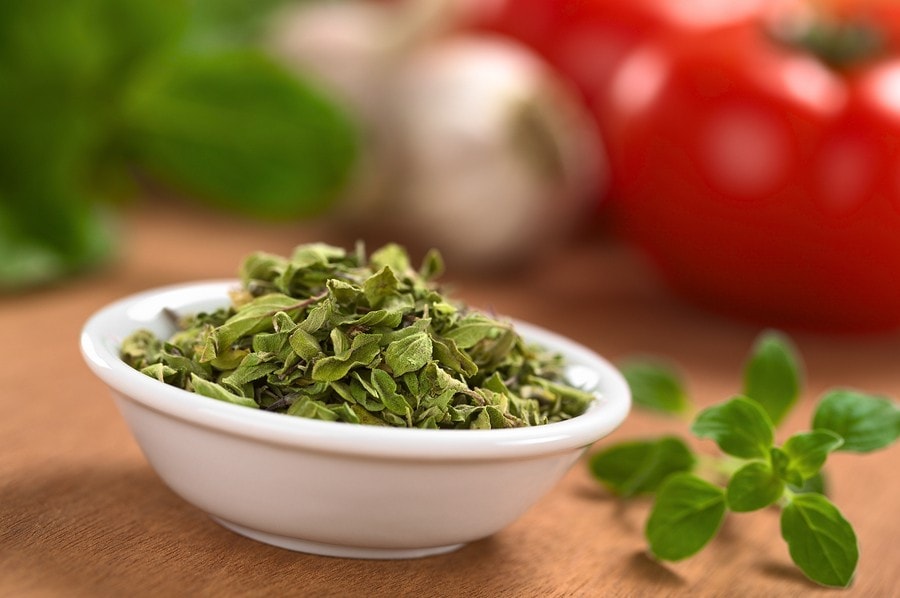Culinary herbs may help manage diabetes

Some of the herbs we use every day for cooking and aromatherapy may have unexpected health benefits, according to new American research.
Researchers from the University of Illinois have found that rosemary, oregano and marjoram contain therapeutic compounds which work in a similar way to commonly prescribed drugs, and could potentially help people manage type 2 diabetes.
According to NHS statistics, around 2.9 million people in the UK are living with the condition, with a further 850,000 possibly not yet diagnosed, so a development like this could be very exciting. Some people manage their symptoms with lifestyle and diet changes, but some also have to use medication to control their blood sugar, so herbs may well be an ideal alternative to costly prescription drugs, and a great addition to existing dietary changes.
Recent studies have shown herbs may provide a more natural and cost-effective way than prescription medications to keep glucose levels under control, and so the research team decided to investigate the herbs’ healing properties further.
The research paper, which was written by Professor Elvira de Mejia, from the Department of Food Science and Human Nutrition at the University of Illinois, and her colleagues, looked into the properties of Greek oregano, marjoram, rosemary and Mexican oregano. Extracts of each plant were studied, both in their easily available dried form and as specially greenhouse grown plants, and compared against each other for their ability to inhibit two enzymes that affect the way which insulin is secreted and signalled in the body (DPP-IV and PTP1B).
These enzymes are important to scientists studying diabetes, and have long been the enzymes that researchers have focused on when they’ve been trying to create new drugs to combat the condition. Metformin works on DPP-IV, also known as DPP-4, but scientists are still stumped in their quest to come up with a drug that can inhibit PTP1B.
Encouragingly, studies of the herbs indicated that while extract of greenhouse grown Mexican oregano, rosemary and marjoram worked best to inhibit DPP –IV, the compounds found in marjoram, oregano and rosemary all seemed to have an ability to inhibit both the enzymes. All of the greenhouse-grown herbs contained more polyphenols and flavonoids than their freeze dried counterparts, but extracts from the dried versions were actually found to be better inhibitors of PTP1B.
With such encouraging results, the team has been spurred on to call for more studies into the ways that using compounds found in everyday culinary herbs can be used to help reduce the risk of type 2 diabetes .
The findings were reported in the Journal of Agricultural and Food Chemistry.

